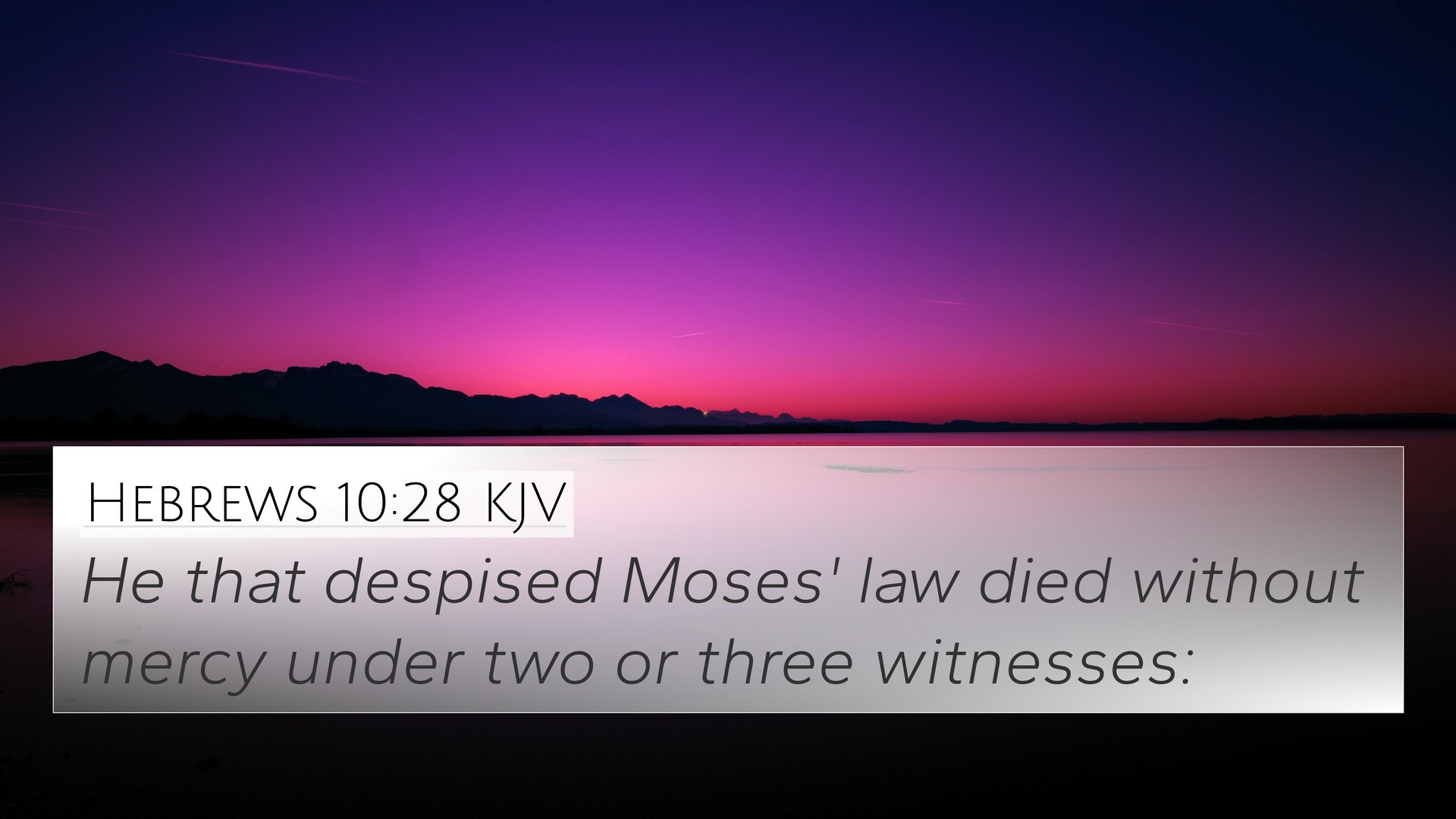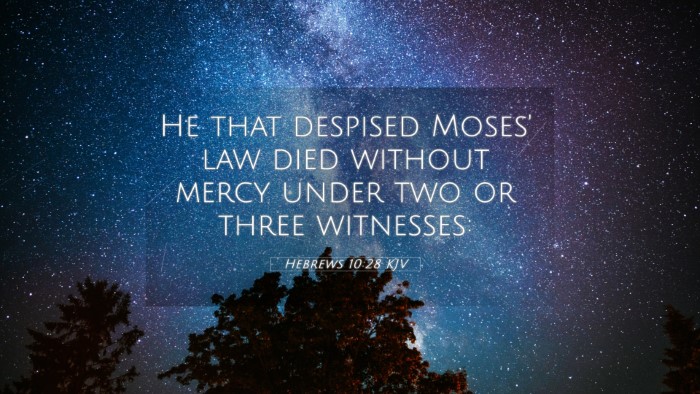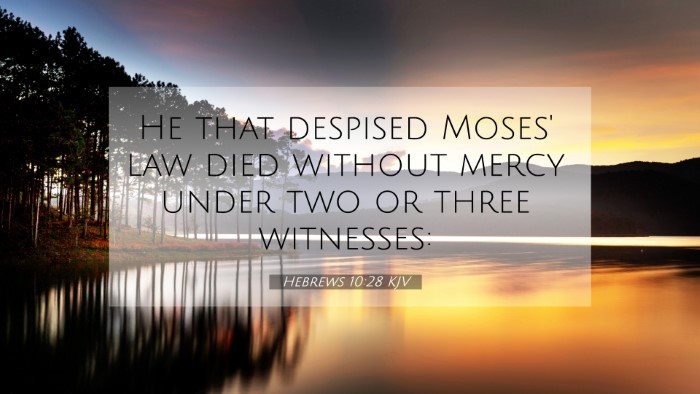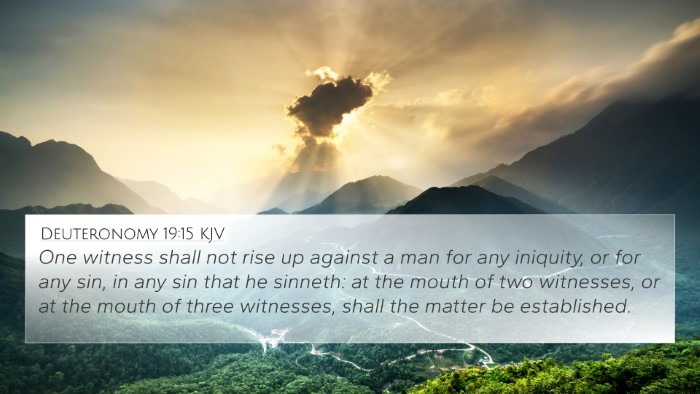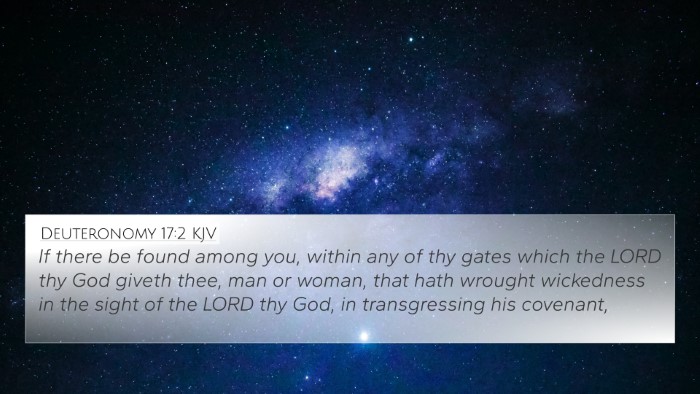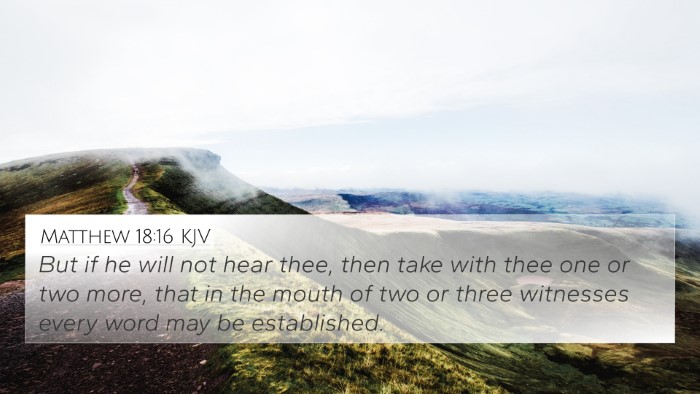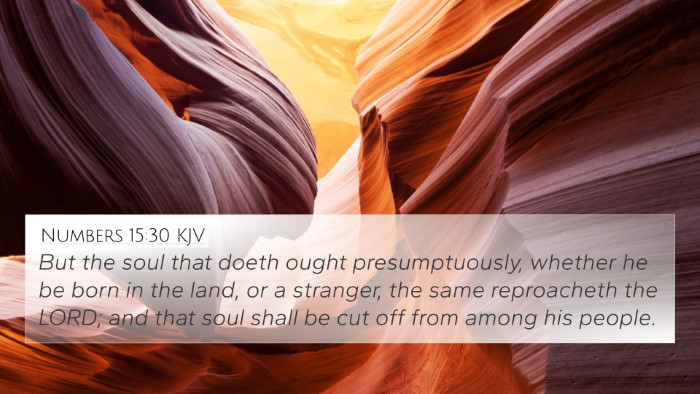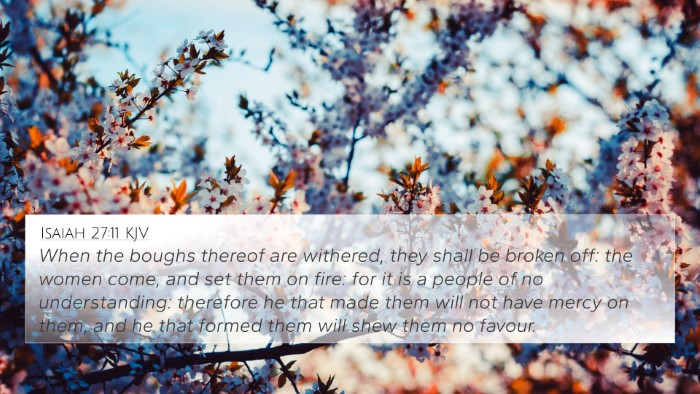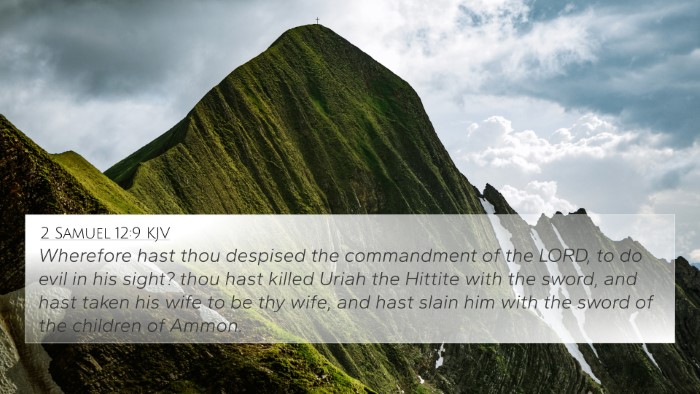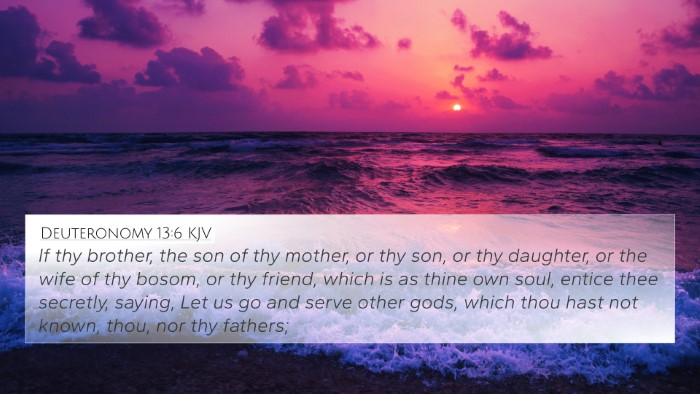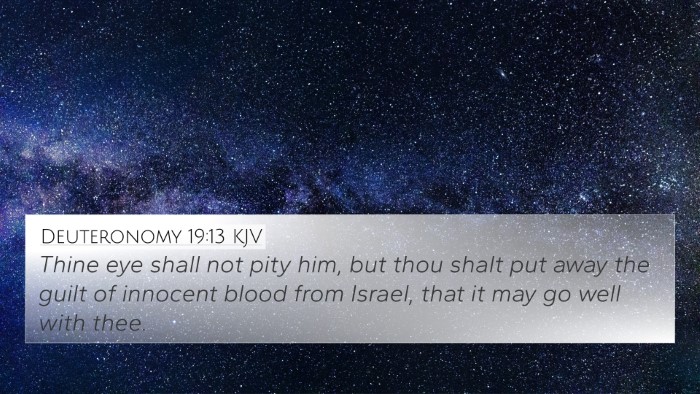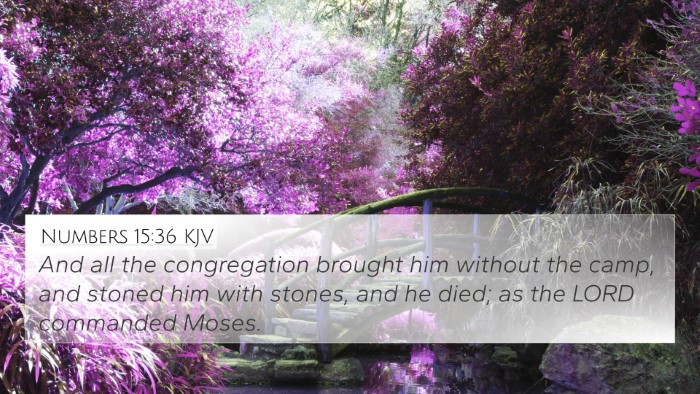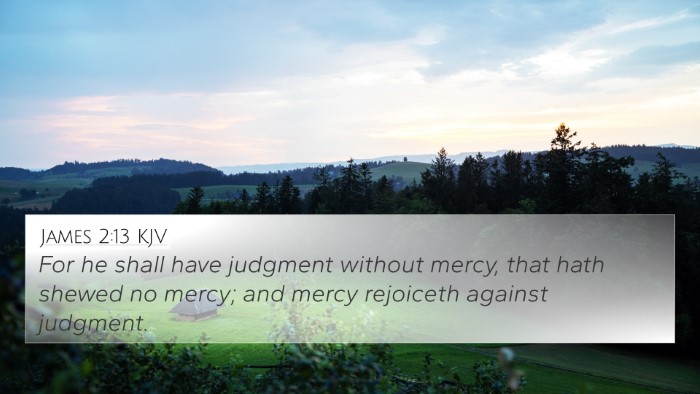Understanding Hebrews 10:28
Verse: Hebrews 10:28 - "Anyone who has set aside the law of Moses dies without mercy on the testimony of two or three witnesses."
General Overview
This verse draws a stark comparison between the consequences of breaking the Old Testament law and the more severe consequences awaiting those who reject the grace of Christ. The author of Hebrews emphasizes the strict penalties associated with transgressing the old covenant to motivate believers to uphold their faith and honor their commitment to Christ.
Commentary Insights
Matthew Henry's Commentary: Henry elaborates on the gravity of rejecting God's provisions, drawing parallels to the severe consequences faced by those who disregarded the Law of Moses. The emphasis is on the absence of mercy in such judgments, reinforcing the seriousness of turning away from Christ after having known the truth.
Albert Barnes' Commentary: Barnes notes that the author is highlighting the principle of justice, stressing that just as disobedience to the Mosaic Law had severe consequences, the rejection of the gospel carries even graver ramifications. He emphasizes the legalistic nature of the context, characterizing it as a warning to those who might take their salvation for granted.
Adam Clarke's Commentary: Clarke interprets this verse as a clear indication of the seriousness of apostasy. He points out the legal framework of this warning, likening it to a court where witnesses validate serious accusations—heightening the accountability faced by those who have received the gospel message.
Related Biblical References
In the study of Hebrews 10:28, several scriptures enhance its understanding:
- Deuteronomy 17:6: Refers to the need for two or three witnesses for a death sentence.
- Matthew 18:16: Also discusses the necessity of two or three witnesses in judgment situations.
- Luke 12:47-48: Describes the severity of punishment in relation to knowledge of the Master's will.
- John 3:18: Discusses the condemnation that comes to those who do not believe.
- Hebrews 6:4-6: Warns against falling away after having once embraced the truth.
- Hebrews 12:25: Encourages caution against rejecting Him who warns from heaven.
- 2 Peter 2:20-21: Explains the peril of knowing the truth and then turning away.
Connections between Themes
This verse opens the door to a richer understanding of justice, mercy, and accountability in the faith journey. The themes brought forth include:
- Justice and Accountability: The tension between God’s law and its fulfillment in Christ.
- Mercy vs. Judgment: The call to appreciate the grace offered through Christ outweighing the judgment of the old covenant.
- Apostasy: The severity of rejecting Christ after having experienced His goodness and grace.
Thematic Bible Verse Connections
To enhance understanding, it is useful to employ a Bible cross-reference guide which allows for the exploration of related themes across Scripture:
- Old Covenant vs. New Covenant: Romans 7:6 describes how we have been released from the law.
- Consequences of Rejection: Revelation 20:15 details final judgment for those not found in the Book of Life.
- Witnesses of Christ: Acts 1:8 instructs believers to be witnesses, reflecting the legal foundational aspect present in Hebrews 10:28.
Conclusion
Hebrews 10:28 serves as a sobering reminder of the gravity of faithfulness in our walk with God. As believers, understanding the links between various biblical texts can enrich our faith and deepen our resolve to honor the covenant relationship extended through Christ. Using tools for Bible cross-referencing can help in discovering connections, drawing us closer to the heart of God while illuminating the seriousness of rejecting His grace.
